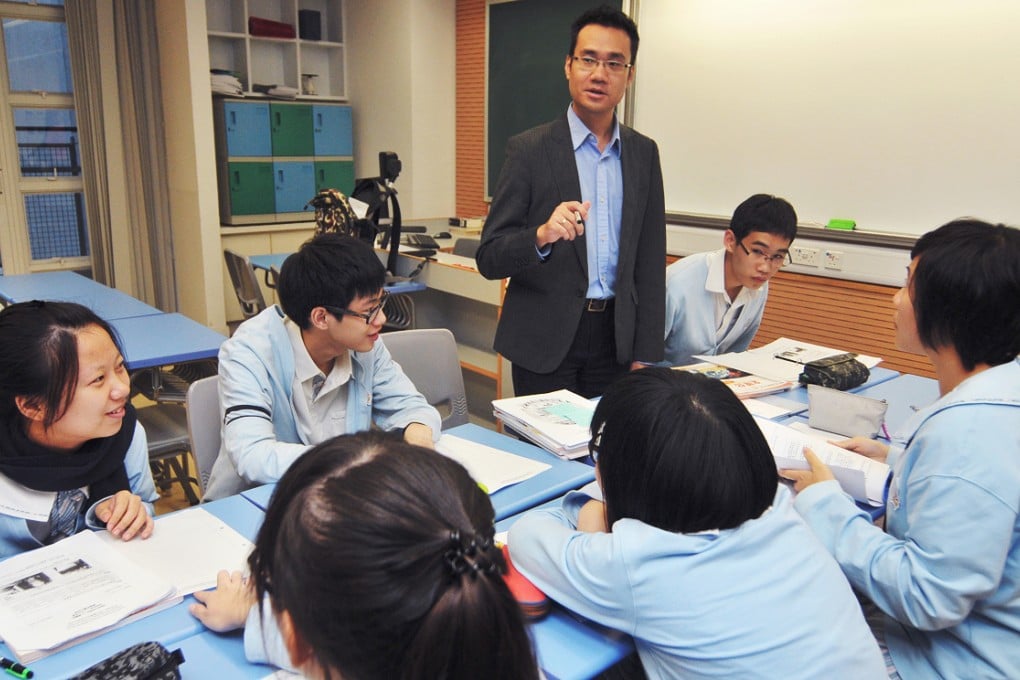Move to change liberal studies discussion points
Teachers and students say political pressure is behind education officials' proposal to remove several topics from discipline's curriculum

Students pursuing liberal studies degrees should not be asked to analyse residents' responses to major social events or discuss why the city's youth participate in community issues, education officials have proposed as part of an ongoing review of secondary education curriculum.
But some students and liberal studies teachers have criticised the proposed move as unnecessary, saying it is influenced by political considerations.
The proposal is part of a midterm review of the new academic structure for senior secondary education. The review, produced by the Education Bureau, the Examinations and Assessment Authority and the Curriculum Development Council, is subject to a three-month public consultation that started yesterday.

The changes proposed include deleting a discussion point on young people's motivations for participating in community affairs, and removing residents' "feelings and responses towards … major events" as a recommended angle for another discussion point on how Hongkongers develop their identities.
Officials said in the paper that the former should be deleted because the relevant content had been merged with another module, and the latter removed to relieve teachers' workloads.